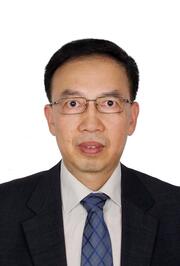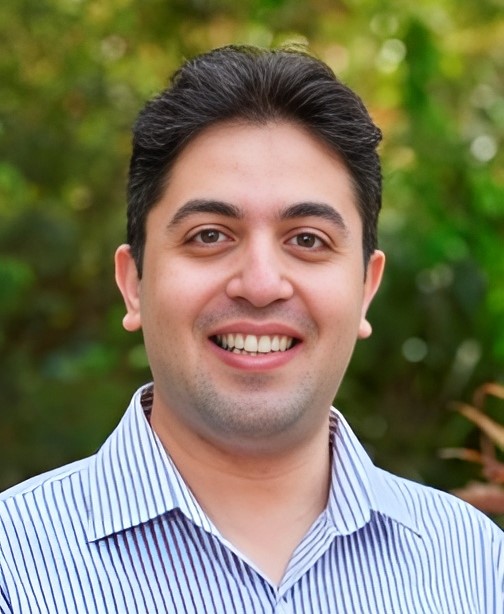SGSE 2025 Keynote Speakers
Prof. Mohamed BenbouzidUniversity of Brest, FranceIEEE IAS Fellow, IET Fellow |
Abstract:TBA
 |
Prof. Zhe ChenAalborg University, DanmarkIEEE Fellow, IET Fellow |
Abstract:TBA
 |
Prof. Farhad ShahniaMurdoch University, AustraliaSpeech Title: Microgrids and Virtual Power Plants: Future of Renewable Rich Smart Grids |
Farhad’s research falls under Distribution networks, Microgrid and Smart grid concepts. He has authored one book and 11 book chapters and 250+ peer-reviewed scholarly articles in international conferences and journals, as well as being an editor of 8 books. Farhad has won 5 Best Paper Awards in various conferences and has also received the IET Premium Award for the Best Paper published in the IET Generation, Transmission & Distribution journal in 2015. One of his articles was listed under the top-25 most cited articles in the Electric Power System Research Journal in 2015 while one of his 2015 journal articles has been listed under the top-5 most read articles of the Australian Journal of Electrical and Electronics Engineering. He was the recipient of the Postgraduate Research Supervisor Award from Curtin University in 2015 and the Australia-China Young Scientist Exchange Award from the Australian Academy of Technology and Engineering in 2016.
Farhad is currently a Subject Editor, Deputy Subject Editor, and Associate Editor of several journals including IEEE Access, IET Generation, Transmission & Distribution, IET Renewable Power Generation, IET Smart Grid, IET Energy Conversion and Economics, and International Transaction on Electrical Energy Systems and has served 40+ conferences in various roles such as General, Technical, Program, Publication, Publicity, Award, Sponsorship, and Special Session Chairs.
Farhad has led the IEEE Western Australia Section as the 2020-2021 Chair, and was the 2019 Founding Chair of the IEEE Western Australia Industrial Electronics Society (IES) Chapter. He was the 2023 Vice-chair of the IES’s Technical Committees on Smart Grids.
Abstract: Electricity systems around the world are experiencing a radical transition as the consequence of replacing fossil fuels, used for electricity production, by sustainable and cleaner energies. The growing penetration of renewable energies requires smarter techniques capable of handling the uncertainties of these intermittent sources. Along with this change, traditionally centralised power systems are also converting into distributed self-sufficient systems, often referred to as microgrids, that can operate independently. Virtual power plants are frameworks under which microgrids can be deployed within communities and enable energy transaction amongst retailers, customers and private investors. This talk will focus on the role of microgrids and virtual power plants in energy transition plans, and will discuss their benefits and challenges of microgrids and virtual power plants for effective energy transition. The talk will focus more on what initiatives need to be taken to advance their uptake.




